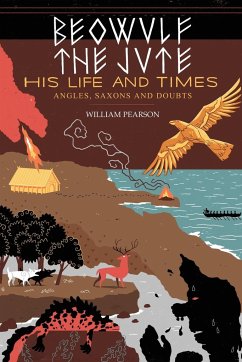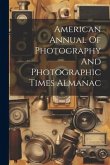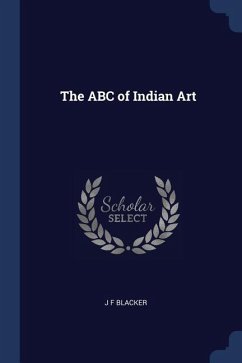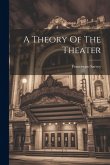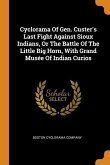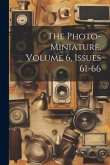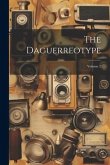The epic poem "Beowulf" has been explored by many scholars, but personal acquaintance revealed that some important aspects always seem to have been overlooked. This book's intention was to correct such omissions, but discrepancy turned out to be widespread. Rather than being solely a contribution to Scandinavia's history, the material mainly illustrates aspects of English origins as viewed by one of their own kind. A post-Roman doomed culture arose in eastern England. Largely ignored in English records, the history of this is obscure, but the geography is even more so, since reliable place-names are but few. The poem predominantly served as an allegorical tool and, laced with folklore, was used to comment on the behaviour of those in leadership roles, both in politics and religion. Synthesis even allows an identity to be suggested for the poet.
Hinweis: Dieser Artikel kann nur an eine deutsche Lieferadresse ausgeliefert werden.
Hinweis: Dieser Artikel kann nur an eine deutsche Lieferadresse ausgeliefert werden.

